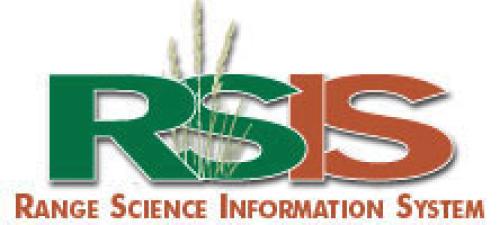In this review paper, Bryant et al. studied the effects of short-duration grazing systems on commercial ranches. Based on experiences of Texas Tech researchers of short-duration grazing systems compared with continuous, yearlong grazing, on sandy and sandy loam soils in semiarid climates, Bryant et al. have drawn some of the following conclusions: 1) short-duration grazing resulted in a decline in individual animal performance; 2) short-duration grazing did not improve diet quality of grazing animals; 3) doubt has been cast on the theory that short-duration grazing improves animal distribution; 4) short-duration grazing produced no positive influence on germination or establishment of seeded or native plants, but it did result in soil compaction; 5) short-duration grazing did not improve range condition at the same or higher stocking rates compared with continuous grazing; however, data indicated that range condition might be maintained under short-duration grazing at slight increases in stocking rate; 6) the level of economic input and management intensity required to establish and operate a short-duration grazing system is excessive, except to increase the ease or flexibility of livestock handling; the return did not justify the expense; and 7) short-duration grazing resulted in an increase in animal yield per unit area grazed if stocking rate was increased. This would be true regardless of grazing strategy. In conclusion, short-duration grazing to some ranchers has meant more docile animals and fewer herds to look after, but the benefits of short-duration may not hold true in arid or semi-arid environments.

Citations and enhanced abstracts for journals articles and documents focused on rangeland ecology and management. RSIS is a collaboration between Montana State University, University of Idaho, and University of Wyoming.